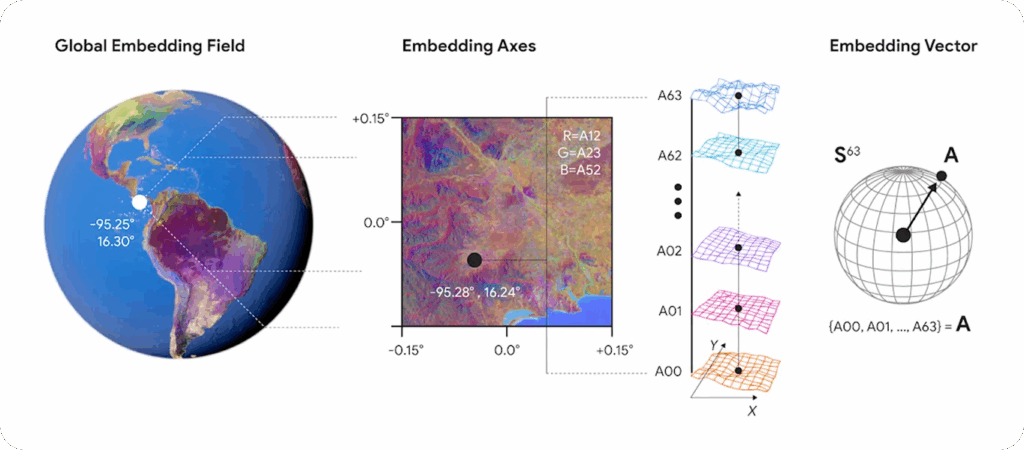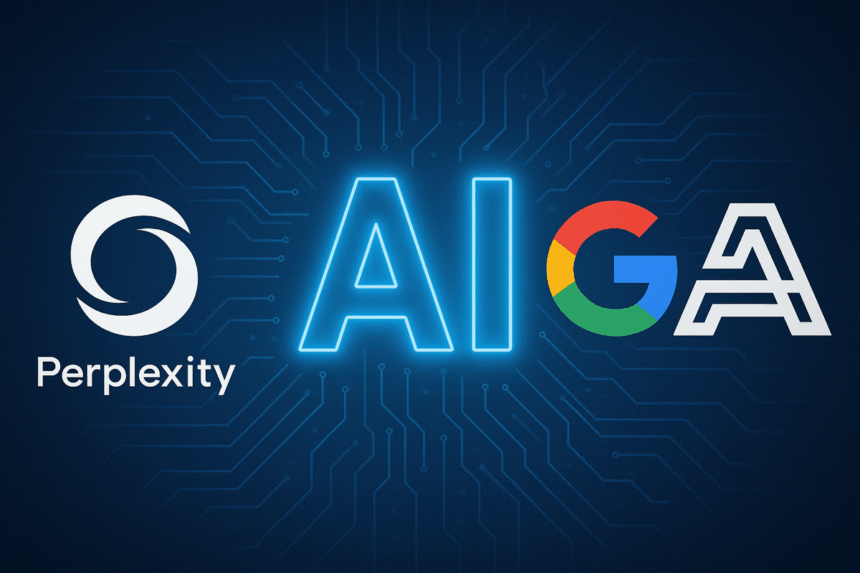Artificial intelligence is moving fast — from search engines to environmental mapping to more competent chat assistants. This rapid progression is marked by notable AI breakthroughs, with Perplexity AI, Google DeepMind, and Anthropic pushing the boundaries with bold moves and new features. Each has a distinct focus. However, all share a common goal: making AI more capable, accessible, and practical for real-world tasks.
What’s Happening & Why This Matters
Perplexity’s WOWZA $10B Offer to Google
Perplexity AI reportedly offered more than twice its total valuation to acquire Google Chrome. The bid, valued at around $10 billion, is ambitious for a relatively young AI search company. Perplexity’s CEO, Aravind Srinivas, envisions Chrome as a direct gateway to its AI-powered search engine. This integration would allow real-time, conversational results with traditional browsing. While Google declined, the offer signals that smaller AI companies are ready to challenge tech giants head-on. The move also reflects a shift toward browser-integrated AI. This makes the search experience more dynamic and context-aware.
Google’s AlphaEarth Foundations: A Virtual Satellite for the Planet
Google DeepMind unveiled AlphaEarth Foundations, an AI model that works like a “virtual satellite.” It creates near-real-time maps of the world at any place and time. It combines trillions of images from satellites, radar, LiDAR, and climate simulations. The system maps terrestrial land and coastal waters with remarkable precision — down to 10 square meters.

Early tests from 2017 to 2024 show AlphaEarth outperformed similar AI models, reducing average error rates by 24%. Over 50 organizations have already tested it for monitoring ecosystems and planning cities. In Brazil, MapBiomas uses AlphaEarth to track Amazon rainforest changes. Founder Tasso Azevedo says the tool allows them to produce maps “more accurate, precise, and fast” than ever before.
Google is releasing the dataset via Google Earth Engine, enabling researchers worldwide to analyze food security, deforestation, urban expansion, and water resources. With climate change accelerating, this kind of global environmental intelligence could be transformative.
Anthropic’s Claude Adds Chat Recall
Anthropic is rolling out a chat recall feature for Claude, starting with Max, Team, and Enterprise subscribers. Users can now ask Claude to pull up past project discussions without sifting through old logs. Unlike ChatGPT’s Memory, which gradually builds a user profile, Claude’s recall works only on demand. It maintains a more focused and less persistent approach.

Chat recall makes Claude a strong choice for professionals managing complex workflows. It allows for “seamlessly continuing projects” without constant context resets. The feature competes with memory functions in Google Gemini, Meta AI, and Microsoft Copilot. However, Anthropic’s privacy-first stance may appeal to users cautious about long-term data storage.
TF Summary: What’s Next
Perplexity’s big swing at acquiring Chrome shows how even smaller AI players want to control the entry point to web search. Google’s AlphaEarth Foundations could become an essential environmental data tool, enabling real-time global monitoring. Anthropic’s Claude is positioning itself as a project-oriented AI assistant rather than a lifelong digital memory.
If these trends continue, AI will be embedded even deeper into daily tools — from browsers to mapping platforms to productivity assistants. The next step will be deciding how much control and privacy users are willing to trade for more innovative, more seamless experiences.
— Text-to-Speech (TTS) provided by gspeech


